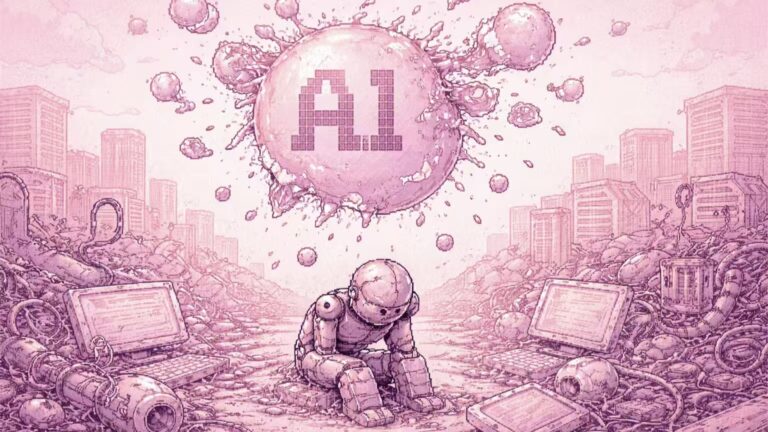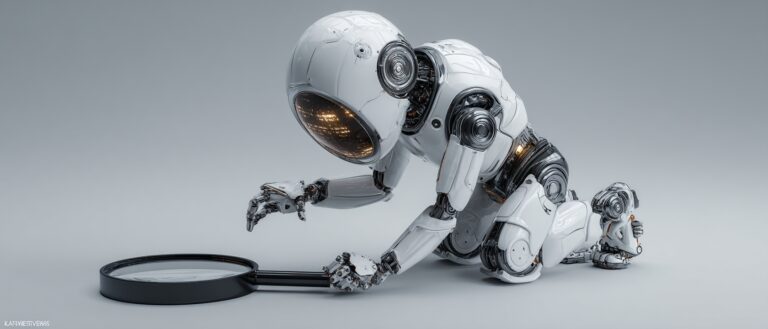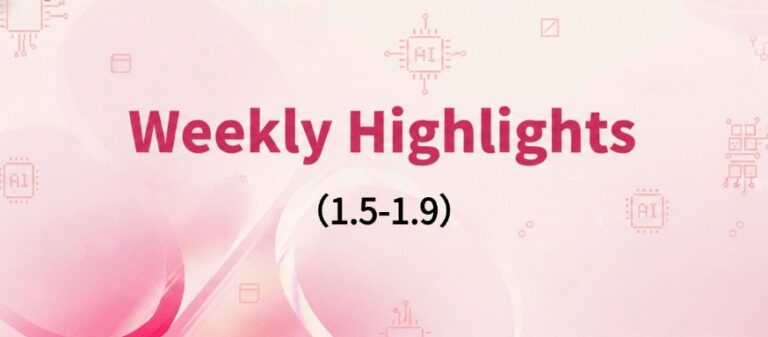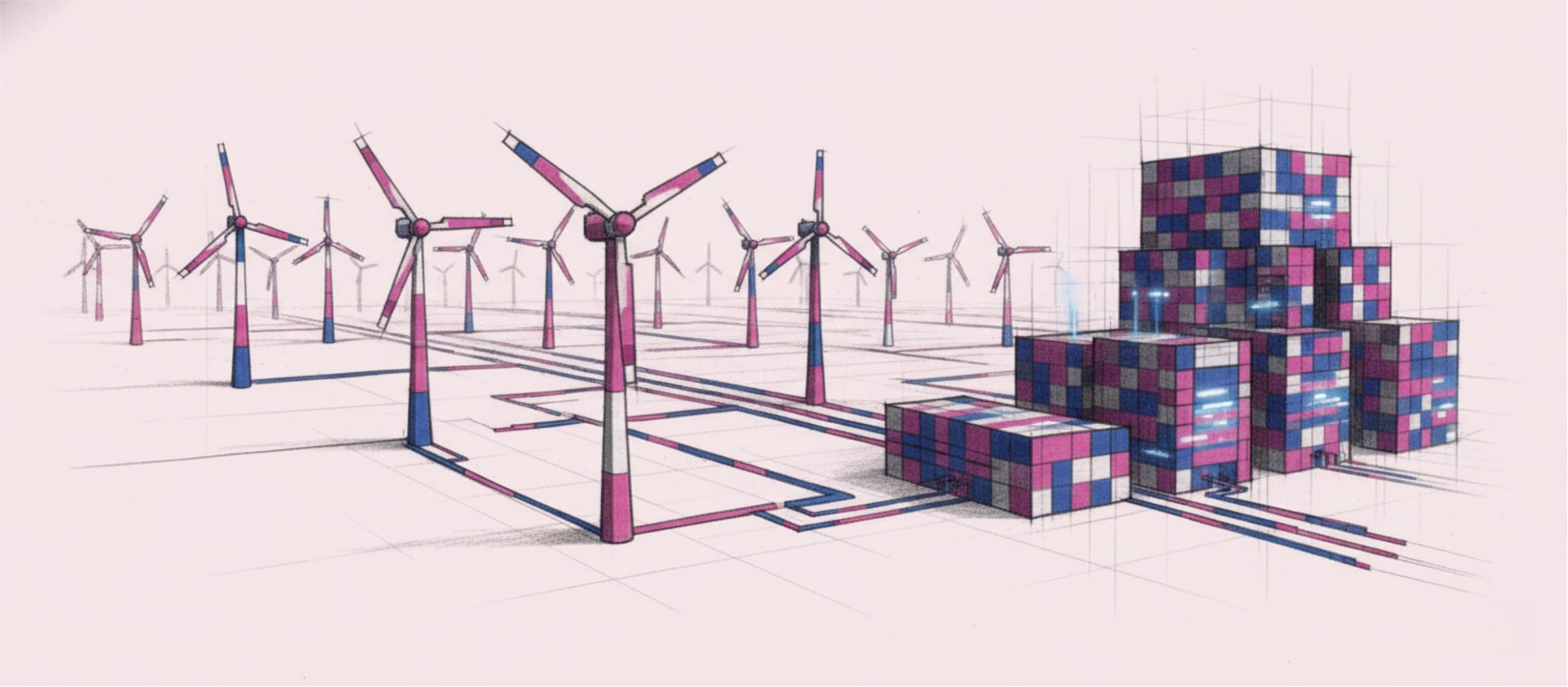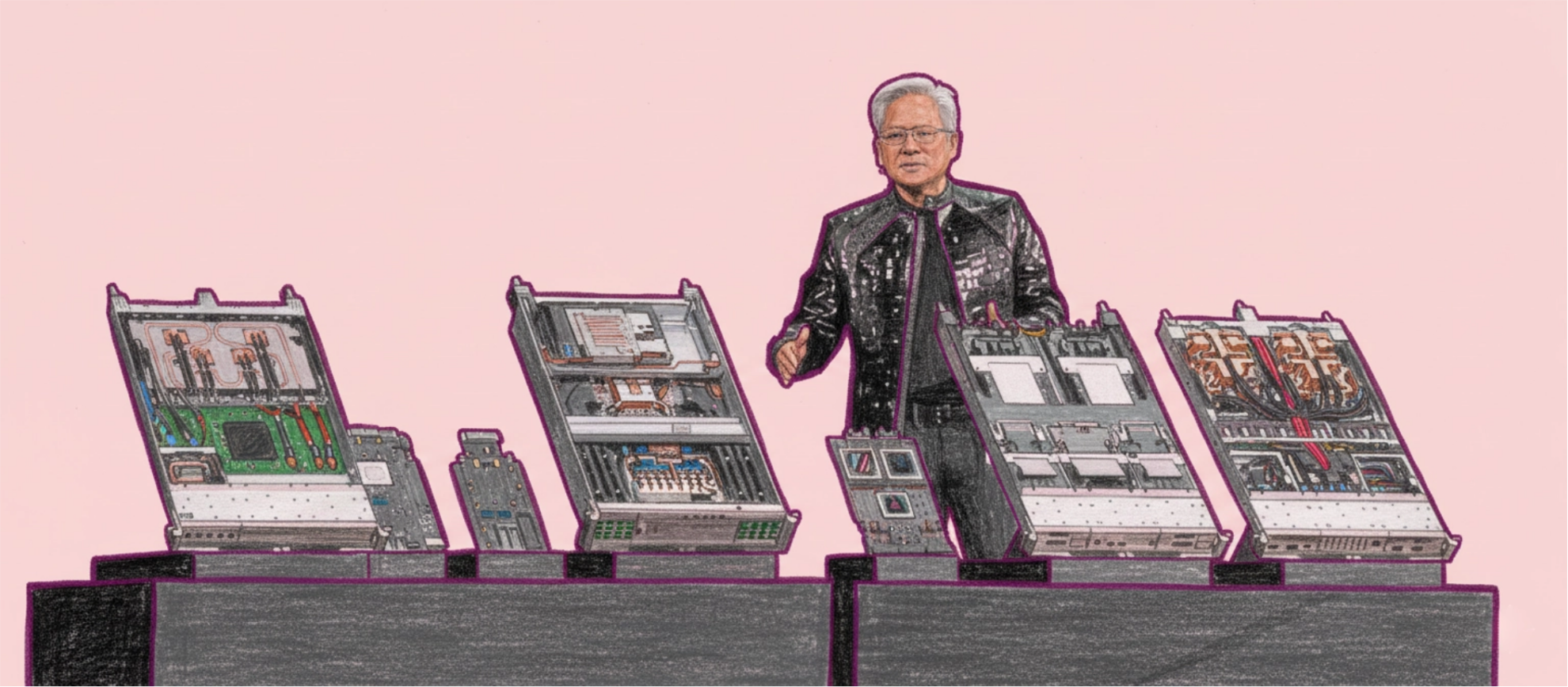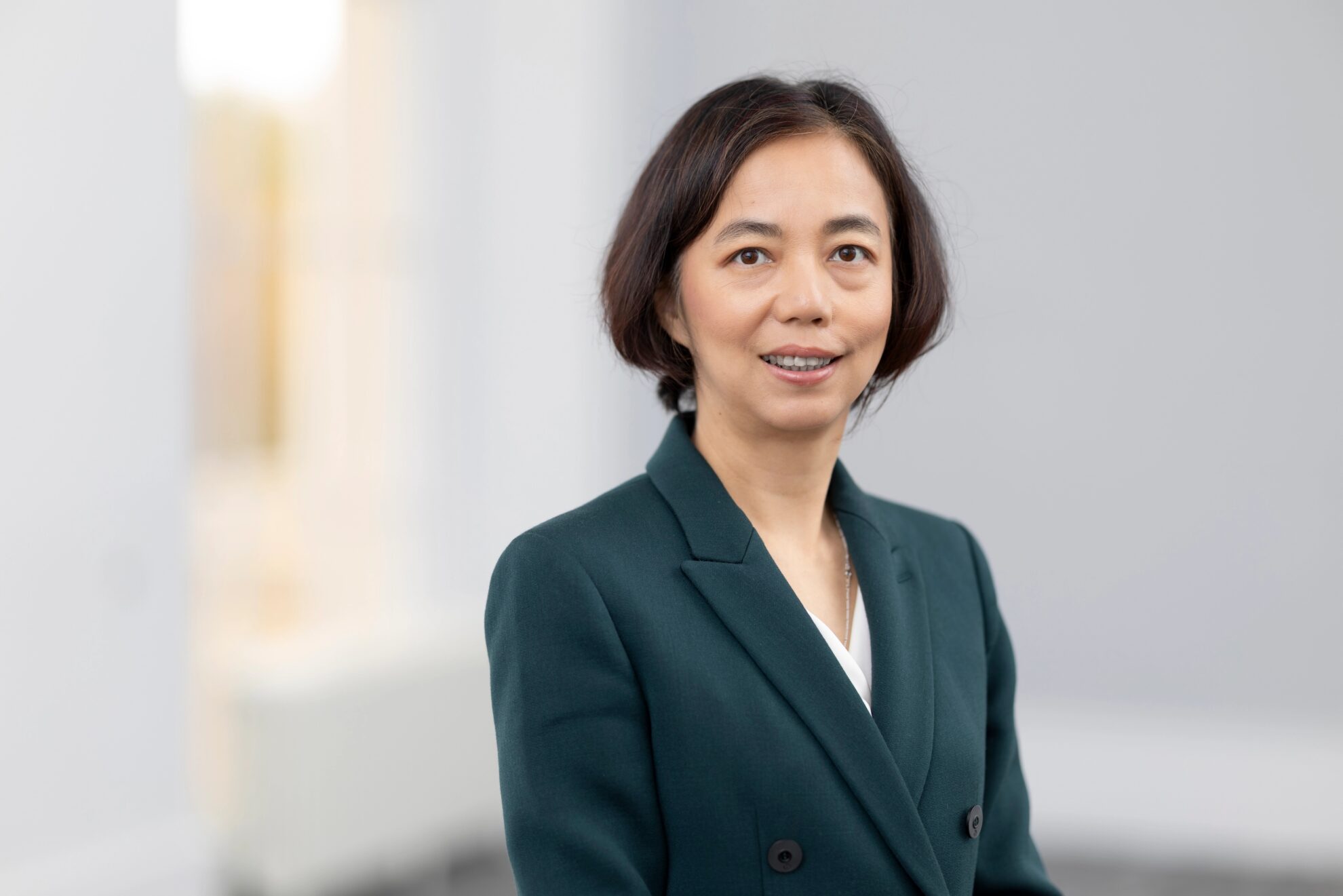Command Palette
Search for a command to run...
Google I/O 2019 Only Released Two Products: One Is Not Available in China, and the Other Is Not Ready Yet

Compared with previous years, the "Programmer Spring Festival Gala" that many developers around the world have been looking forward to for a long time seems to be less exciting than expected.
Google I/O 2019 is here, with much anticipation. At 1 a.m. Beijing time on May 8, thousands of people attended Google's most grand event at the Shoreline Amphitheater in California.

However, perhaps because expectations were too high, the "report card" that Google handed in this year seemed unsatisfactory during the two-hour speech.
This year's theme has been upgraded from "AI First" to "Buiding a more helpful Google for everyone".The keynote speech seemed to be full of high-tech, but after careful consideration, it felt like they were just drawing a big pie in the sky.
"Transcript" display
As expected, Google released the following content at the I/O conference:
- The mid-range Pixel 3a and Pixel 3a XL start at $399
- Nest Hub Max upgrades to a big screen smart speaker for $299
- Android Q was launched with multiple upgrades
- A series of developments around AI, such as updates to smart assistants, smart cameras, and other applications

In addition, Google has shown theirHumanistic care,Four products/projects were introduced: Live Transcribe, Live Caption, Live Relay, and Project Euphonia. Their main function is to help people with different disabilities connect with the world through real-time transcription, subtitles, voice, etc.

At the end of the keynote speech, Jeff Dean came on stage and talked about Google AI Some of the achievements of the team include applications in NLP, TensorFlow, and AI for Good.
He also highlighted the role of AI inMedical and disaster preventionHowever, this part of the content has been disclosed in the Google AI summary released by Jeff Dean at the beginning of the year.
To sum up this "transcript" in one sentence:The hardware is understated, the software lacks surprises and is a little lackluster.

Breakthrough or stagnation?
In terms of AI, the products that can be singled out at this conference are just some updates that seem "cool" but are actually "useless".
Google Search: Make search three-dimensional
This year, Google added 3D models and AR effects.In the live demonstration, searching for "shark" will bring up a realistic 3D shark model. After clicking the AR option, you can closely experience the dynamics of the shark in the real scene.
In addition, you can also search for New Balance shoes, then see the 3D models of the shoes and match them with your clothes.
It looks cool, but is it really practical? Compared with the product pictures and video displays on Taobao, 3D models are not very useful except for the exclamation of "Wow". What's more, there are now live broadcasts on various shopping platforms, which are more intuitive than 3D models, right?
Google Lens: A small update
Last year, Google Lens became an application that can "speak with pictures". It can identify tourist landmarks based on pictures, extract text information and mobile phone numbers from photos, perform real-time translation, etc.
This year's update is mainly reflected in the function, through the mobile phone cameraGet more information and interact.
For example, when you point Google Lens at a menu, it will recommend the most popular dishes; when you point it at food in a magazine, it will tell you the recipe.

In addition, Google Lens has added a voice function that can translate and read aloud in the native language.
No matter how you look at it, these functions seem like useless toys, and their practicality is questionable. Do you still need it when you have all kinds of food apps?
But no matter what, Google Lens has gradually turned many of the previous ideas into reality. After that, it depends on whether users can make the most of these functions.
Google Assistant: Good update, but 404
Let’s talk about Google’s masterpiece. Last year, Google Assistant’s phone reservation function amazed everyone, but this year’s update can be described as “a surprise that lasts only one minute.”
The focus of this update isSuper fast response speed and more complex application scenarios.
From the on-site demonstration, in less than a minute, the demonstrator used voice commands to smoothly switch between multiple tasks, including setting an alarm, asking about the weather, sending emails, and taking photos.
Live demonstration by a real female assistant
It is said that this technology comes from the advancement of neural network technology. Google has developed a new speech recognition and language understanding model.Reduce a 100GB model to less than 0.5GB in the cloud.
As a result, the AI-powered Google Assistant can now run locally on your phone. It can process voice with almost zero latency on the phone and can be used even without a network connection.
In addition, Google has also moved this application to the web, which enables online car rental and complete a series of operations such as navigation and payment.
However, if you look deeper, the call ordering feature released at last year's Google I/O conference,It was only launched on its own Pixel phones in November 2018, and it was not fully available to Android and iPhone users until this year.
For domestic users, although Google Assistant already supports the Chinese version, it is still not available on the AppStore in China. You still need to register a US account to download it, which is the so-called "404" application.
So, what Google boasted about last year has not been fully realized, but it has painted a new pie for everyone this year?
I hope the vision of Google I/O is not just a bunch of bubbles
Looking at the entire keynote speech, I have to say that Google was not up to par this year.
Behind the seemingly cool demonstration, there is actually no particularly big breakthrough or upgrade in AI.Those tempting products at last year's I/O conference have not yet been fully launched.
Google is indeed playing a big game, but judging from the results this time, it was just a gorgeous PPT presentation.

From Google's vision this year, we can see that this technology giant wants to promote AI technology in all aspects.Create a super collection similar to "Avengers".But in fact, how effective these applications, which are hailed as "black technology", can be in actual promotion depends on Google's efforts this year.
Some people complained that this year's Google I/O conference released two products:One is not available in China, and the other is not ready yet.
Perhaps what can be used to excuse Google is that it has lost several AI experts in the past year.The departure of Fei-Fei Li and Jia LiLater, Google AI leader John Giannandrea also jumped to Apple.Not long ago, the father of GANs Ian Goodfellow is rumored to be leaving.
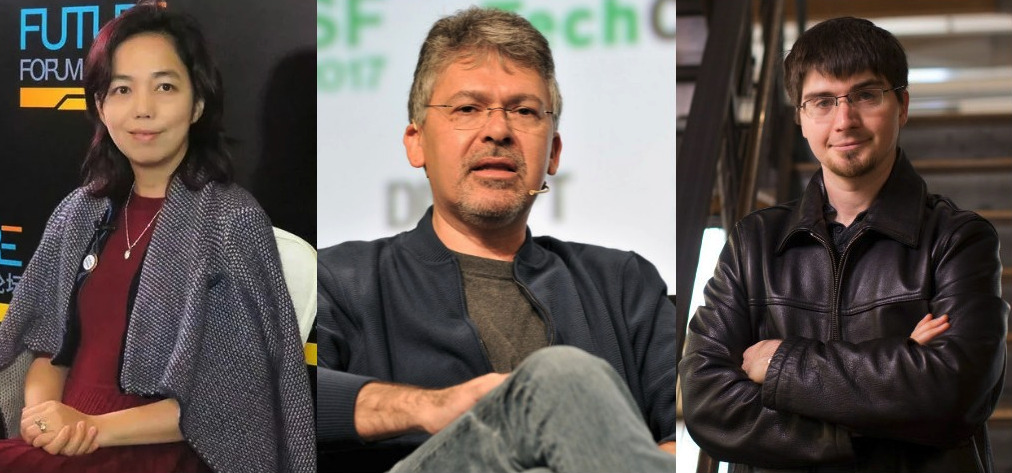
Google has indeed encountered a huge dilemma in terms of talent loss, and the matter of Google's return to China has become increasingly confusing.
The vision of making Google benefit everyone is indeed tempting. But before the beautiful script is written into reality, perhaps what Google needs most is time.

